Description
In this study a social and cultural anthropogist and a specialist in the study of religion pool their talents to examine recent changes in popular religion in Sri Lanka. As the Sinhalas themselves perceive it, Budhism proper has always shared the religious arena with a spirit religion. While Budhism concerns salvation, the spirit religion focuses on worldly welfare. Buddhism Transformed describes and analyzes the changes that have profoundly altered the character of Sinhala religion in both areas.
This is the first book to record systematically the cultural impact of the deterioration in how the “other half” lives in Sri Lanka. After Sri Lankan independence in 1948, health care advanced and literacy became universal, but the economy was unable to meet the rising expectations of the exploding population. People became poorer and more mobile, and the village community began to disappear. As new stresses in sri Lankan society create new psychological needs, changes have occurred in what the authors call protestant Buddhism (the Buddhism formed under Protestant influence after British conquest). In the spirit cults, morally less scrupulous gods have become prominent, and more people seek and value altered states of consciousness. Finally the authors suggest the developments that seem startling in Sri Lanka are not unprecedented in the religious history of India.

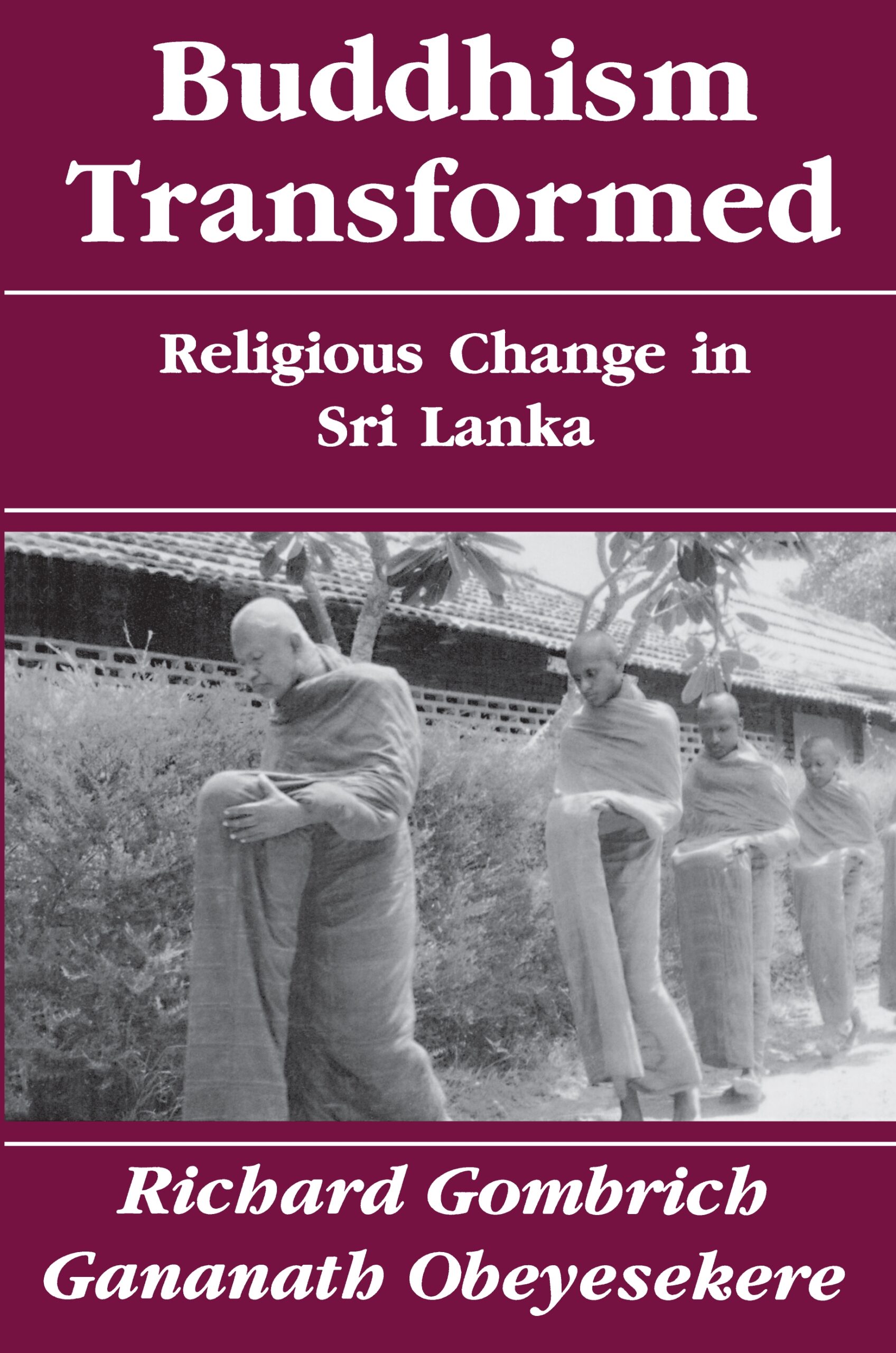
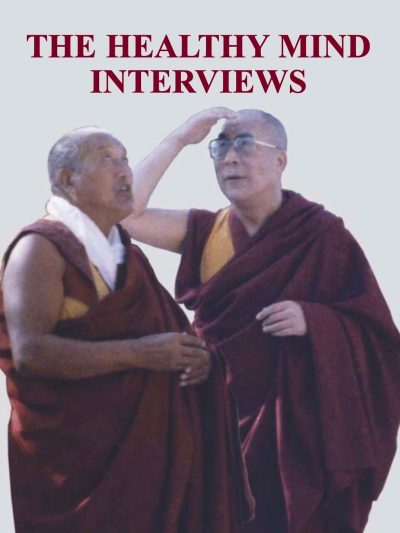

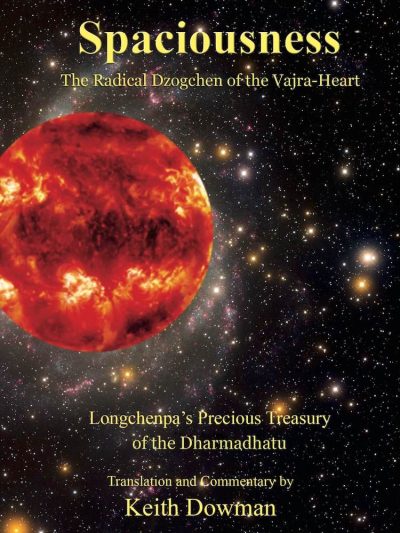
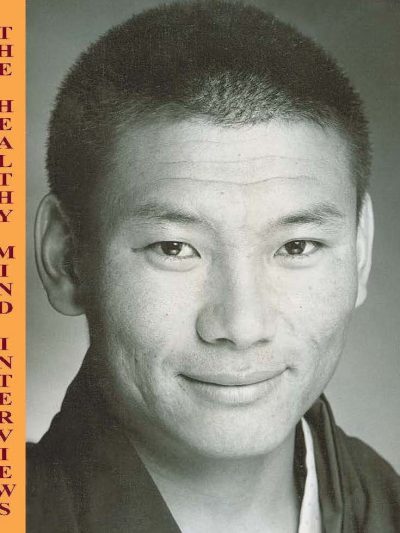
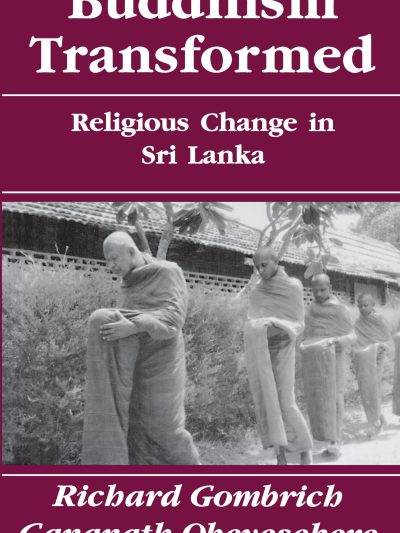
Reviews
There are no reviews yet.